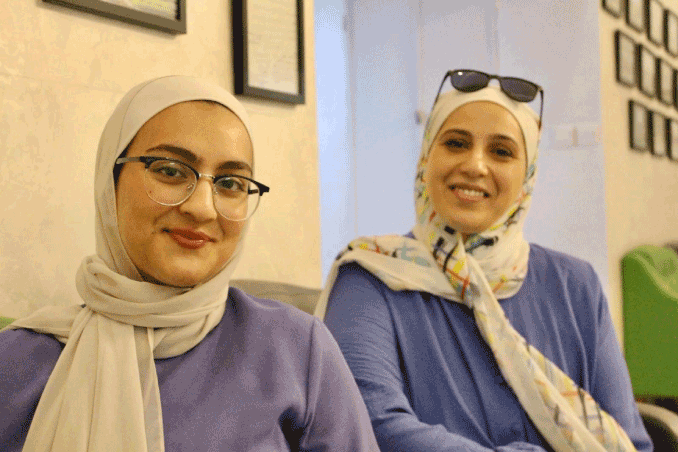AMMAN — The results of Tawjihi, the longstanding standardised testing for university entrance across Jordan and Palestine, were released on Wednesday, setting into motion celebrations across the Kingdom. However, the academic tradition, long taken for granted, now stands at a crossroads as students, teachers and the Ministry of Education clash on the exam’s purpose and future.
Earlier this year, His Majesty King Abdullah said that a Tawjihi overhaul must be “radical”, according to a Royal Court statement.
Tawjihi, which officially ended on July 25, remains a universal milestone for nearly every Jordanian and Palestinian young person, as it is an obligatory stepping stone to acceptance in local universities.
This year, 189,410 students took the exam across 766 schools in the Kingdom, the Jordan News Agency, Petra, reported.
With a passing rate of only 63.1 per cent in 2022, according to Ministry of Education data, Tawjihi is incredibly challenging.
“We need to stop the horror that is Tawjihi,” said Andaleen Hassan Al Khateeb, a teacher in Jordan who has taught Tawjihi for seven of her 16-year career in education.
“We started to hear about the deaths of some of our students…you feel remorseful,” she said.
Tawjihi includes testing in a variety of subjects, including Arabic, English, Mathematics, Physics, Biology, Chemistry, Computer Science, Geology, Civil Studies and Islamic Studies.
However, in Khateeb’s opinion, Tawjihi is about collecting marks, not collecting knowledge.
“You are under immense pressure… the expectations of family, the expectations of institutions, expectations of the academic field as a whole,” Khateeb said. “It’s the singular point that determines your future.”
She pointed out that some students find it so challenging, they would rather apply to local universities as international students using equivalent test results such as the SAT or the International Baccalaureate and pay the extra tuition fees than apply as a local student and have to complete Tawjihi.
One of Khateeb’s former Tawjihi students, however, believes that the pressure serves a purpose.
“[Tawjihi] tests your ability to withstand stress, which can be useful in the real world,” said Lujan Bilal Somrain, who is currently studying medicine at the University of Jordan.
Other than that, however, Somrain voiced concern that Tawjihi does little to prepare you for the kind of study skills necessary in university and beyond. She described her first term at the university as confusing, because the style of study needed to pass Tawjihi was completely different from those used to pass her exams in medicine.
“You have to memorise more than you have to understand [in Tawjihi],” Somrain said.
She also suggested that Tawjihi should begin as early as the 10th grade, rather than cramming all exams into the final year of secondary school.
In speaking about the class barriers that divide students and the testing outcomes they are empowered to achieve, Somrain shared her first-hand account with seeing some students enjoy access to quality schools and tutoring, whereas others are left behind and disadvantaged compared to their peers.
Earlier this year, the Ministry of Education has outlined several ways in which Tawjihi will be reformed, with one modification spreading the exams over two years instead of one: Post-11th and post-12th grade.
Higher Education Minister Azmi Mahafzah also stated that the ministry has plans to “diversify” the kinds of vocational training offered, as well as modifying training to be more consistent with international standards.
